Seegrotte
This series of underground chambers contains Europe's largest subterranean lake that is slowly drained each day.
Located beneath a disused gypsum mine in the Austrian town of Hinterbrühl, the Seegrotte is a series of underground canals that make up Europe’s largest subterranean lake and was created by the same flood that shut down the mine.
In 1912 a detonation at the gypsum mine near Hinterbrühl went awry, the lower gallery and shafts of the mine became completely flooded, creating the largest subterranean lake in Europe. Roughly 60 meters below ground level, the “Big Lake” has a surface of 6,200 square meters and needs to be drained of replenishing groundwater on a daily basis. Even though the explosion led to the closure of the mine during World War II, German aircraft were built in the dry, upper levels of the former mine, the production being protected from Allied bombing in its vast tunnel system.
Aside from its time as an aircraft production center, the Seegrotte has been open as a tourist attraction since 1930 with visitors able to take boat tours on the the surface of the claustrophobic lake. Small displays have been set up along the way that also help tell the story of the disaster turned subterranean wonder.
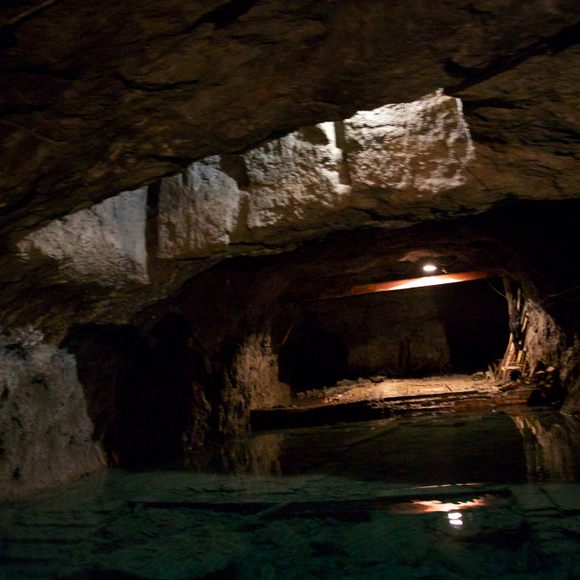

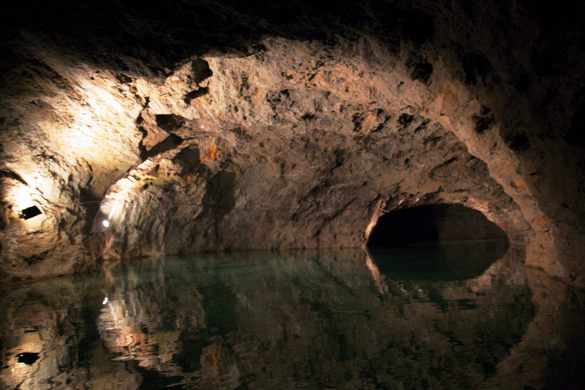
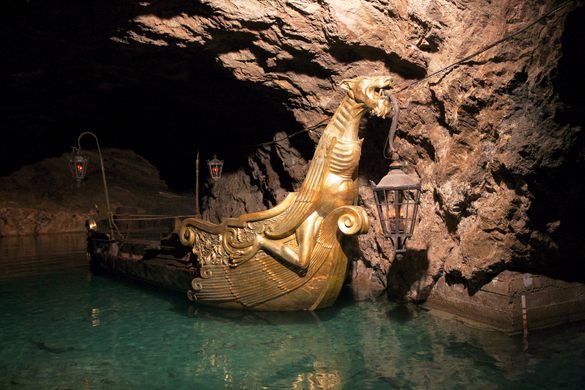



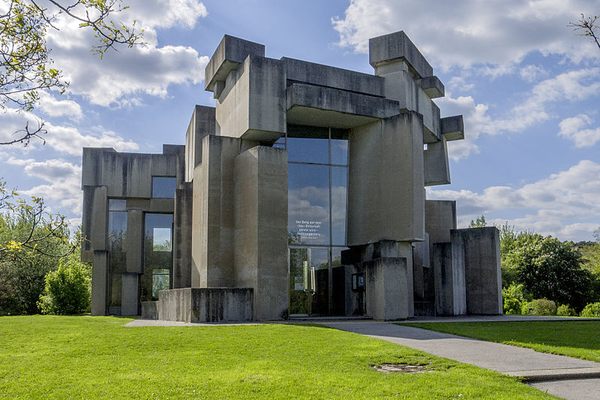





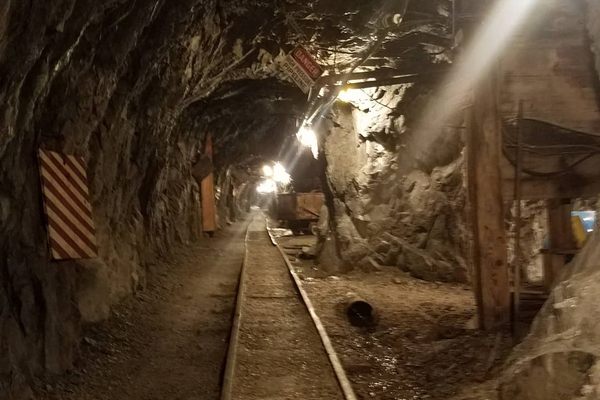


Follow us on Twitter to get the latest on the world's hidden wonders.
Like us on Facebook to get the latest on the world's hidden wonders.
Follow us on Twitter Like us on Facebook